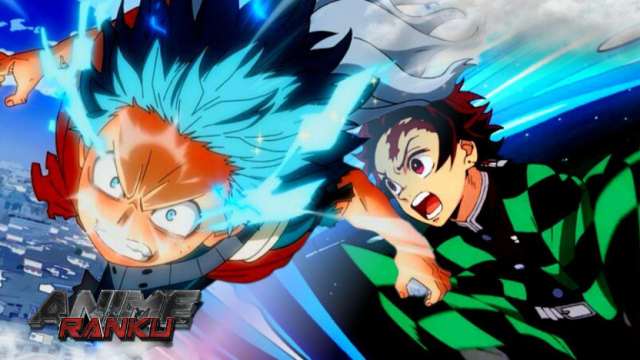It might not seem logical for an anime character to make an announcement before using their attacks. After all, their opponent would essentially be informed of their next move. If their adversary has seen the attack before, it is not particularly shocking. However, one of the most frequent tropes in anime, particularly in battle shonen shows like Dragon Ball Z and My Hero Academia is calling out one’s attacks. Since so many of the characters also have cool-sounding names to yell out as they are lunging into it, launching a powerful attack isn’t enough in many series. It almost seems as though naming the attacks would increase their potency or efficacy.
But even though it might seem unworkable, there are some good reasons for it. Given that many martial arts traditions hold that vocalizing while attacking increases one’s energy levels and strengthens the attack, it actually has a reasonable foundation. Furthermore, in many traditional schools of martial arts, passing down techniques with specific names down the generations is commonplace. This may be the case in anime since many attacks are based on the idea of mindfulness regarding the amount of energy expended and its intended use. As many attacks have memorable names like Deku’s Full Cowling or Tanjiro’s Hinokami Kagura, it also has the cinematic appeal of thrilling both the characters and the audience for what will happen in the battle.
Battle Cries Are Equal To Attack Announcements

In a narrative sense, announcing attacks helps strengthen a fight scene and further immerse viewers. During particularly climatic moments, hearing a character announce their next big attack against a villain before performing helps the audience get excited about what’s to come. The announcement is usually accompanied by the series’ battle music or character theme, like in Jojo’s Bizarre Adventure; when Jotaro brings out Star Platinum and announces what it’ll do next, his theme song plays in the background amid the barrage of punches that follow.
It wouldn’t make sense in some series to perform the attack without loudly crying out its name. Most anime attack names are concise and memorable, like Deku and All Might’s United States of Smash and everything under its umbrella or all of the Stand names in Jojo’s Bizarre Adventure. However, some of the more ridiculous and long-winded names include Charlotte’s Ultimate Technique: Stunning Charlotte Chuhlhourne’s Miracle Sweet Ultra-Funky Fantastic Dramatic Romantic Sadistic Erotic Exotic Athletic Guillotine Attack in Bleach and Jack’s Tyrannic Blazing Roaring-Dragon Exploding-Flash Demon-God Air-Cleaving Rakan Punch in Negima.
The most well-known instance was probably when Krillin exclaimed “Kamehameha!” during the 22nd Tournament. The creator of Dragon Ball, Akira Toriyama, admitted that he dislikes the trope because it is so unrealistic and that, in real life, someone would be killed in the time it takes them to blurt out their attack name. However, given that many anime are based on manga, there is a sensible explanation for why the characters in them do it.
Attack Announcements Aid in Making Sense of Cluttered Battle Scenes

Manga is obviously less colorful than anime adaptations. Keeping track of all the action on a page rather than an animated visual is more difficult, so yelling out attack names helps the reader understand who is attacking who and where the fight is taking place. Characters get lost in the mix in crowded battle scenes, so this is useful. Though it may not be necessary for anime adaptations, the battle cries from the manga are carried over to ensure a faithful adaptation of its source material.
When done well, the anime adaptation usually creates these crucial, climactic moments of any conflict that demonstrate when a character has been overextended and is prepared to use their most devastating attack. However, it makes sense that the trope irritates some fans. The first time a character announces their biggest attack is exciting, but by the 50th time it becomes rather boring. However, this trope is now so prevalent in not only magical girl anime but also some mecha series and battle shonen series that it seems to have almost become a requirement.















Leave a Reply